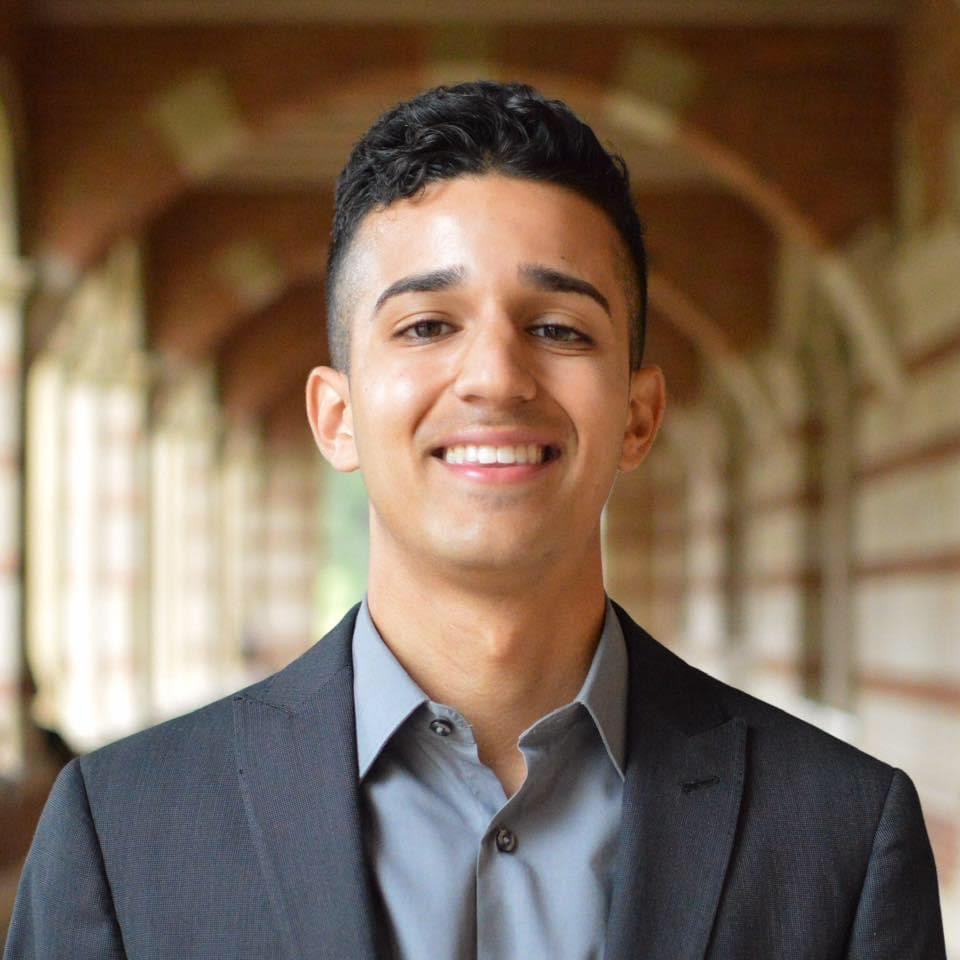By Millen Trujillo ’23
I had always been told law school would teach me to “think like a lawyer.” My 1L year lived up to this promise as it was the most intellectually rigorous experience of my life to date. Through it, I developed and honed a new skill I had never before touched upon: legal reasoning. Learning to think like a lawyer was challenging, fulfilling, and empowering. Still, at the end of my first year, I realized I had the ability to think like a lawyer but absolutely no idea how to act like one. For example, I had completed my Contracts course, but in 12 weeks of instruction I had not read a single contract. Thinking like a lawyer—while an important part of my legal education—did not prepare me to assist an actual client with an actual legal issue.
The Transactional Law Clinics (TLC) filled in this gap in my legal education perfectly. The work I did at TLC was substantive, varied, and—oftentimes—just plain fun. Much of the substantive work I completed fell into three broad buckets: (1) Entity formation, (2) Intellectual property law, and (3) Contract drafting. These legal arenas were challenging to master but also presented me with an opportunity to translate my newfound ability to think like a lawyer into the actual practice of law.
That said, I want to focus my reflections here not on the substantive minutia of the cases I took on, but rather on the macro lessons TLC taught me vis-à-vis the practice of law itself. To that end, below are three takeaways from my time at TLC that I will carry with me throughout my legal career.
1. TLC operated as a small law firm. I came straight to law school following my undergraduate studies. In this way, I did not know how to be a quality employee in a professional-services role. Being accountable to a client, responsive to a supervisor, and collaborative with my peers were all skill sets that I did not have an opportunity to adequately develop during my time as a student. TLC, however, operated like a law firm. I had a supervisor (i.e., partner) to whom I was responsible for delivering a work product, clients that were relying on me to assist them with their legal needs, and fellow students (i.e., peers) to learn and collaborate with. In this way, TLC was my first foray into being a professional service worker.
2. TLC allowed me to act as a counselor. Legal service needs in the U.S. system are intimidating. This being the case, clients came to TLC experiencing a range of emotions: fear, excitement, confusion, and hope. I discovered that more often than not, clients did not need high-end, bespoke, complex legal services. They needed to be counseled and led through the complex, nebulous world that is the American legal system. In this way, I acted as a guide, a mentor, and a counselor for clients. I learned that lawyering requires more than a mastery of the law, as it also demands a mastery of human interaction. Developing empathy, strategic awareness, and social skill when interacting with clients was some of the most important training I did with TLC.
3. TLC was a vehicle for engaging with the Boston community. Much of law school is centered around a “taking” framework. Students take knowledge, take resources, and take experiences from HLS to their lives and careers beyond HLS. Most of the time we take this value and deploy it outside of Boston as we move on to other geographies following graduation. We pay a lot of tuition to be here, so this “taking” framework in which students attempt to capture the value they are paying for makes sense. Still, it feels good to give back to the city we call home for three years as students. Clinics are one avenue in which HLS allows us to do just that. TLC services Boston-based clients, and thus students have an opportunity to make a direct impact on the local community. Clients are genuinely grateful when their legal needs are met. The excitement and emotion experienced by clients when their LLC is formed, their trademark application is filed, or their partnership agreement is drafted is palpable. It is an honor to assist the people of Boston with their legal needs as they set out to create, build, and develop the world around them.
I am grateful for my time at TLC, I am grateful to Professor Price and the rest of the supervising staff for serving as mentors to me throughout my time at the clinic, and I am grateful to HLS for allowing me the opportunity to act like a lawyer through my time at TLC.
Filed in: Clinical Student Voices
Contact Office of Clinical and Pro Bono Programs
Website:
hls.harvard.edu/clinics
Email:
clinical@law.harvard.edu
